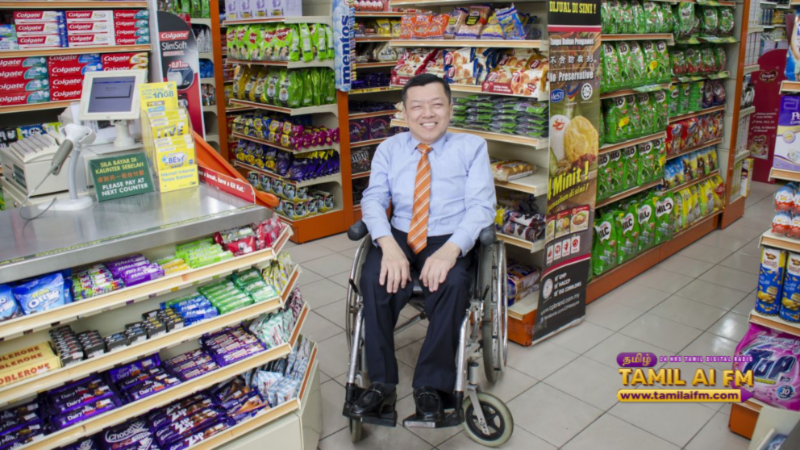KUALA LUMPUR: Prime Minister Datuk Seri Anwar Ibrahim said the government is currently assessing the impact of the latest tariff measures imposed by the United States on Malaysia.
He said the evaluation is being led the Investment, Trade and Industry Ministry (Miti), along with other relevant ministries and agencies.
Anwar said any response and follow up towards the impact of the tariff needs to be carefully drafted and there is still room for discussion and dialogue with the country's major trading partners.
"This afternoon, I chaired the National Geoeconomic Command Centre (NGCC) meeting. Malaysia is firm in its approach to maintaining positive and progressive relations with all trading partners while safeguarding the interests and well-being of our people, businesses and exporters," he said in a Facebook post.
Earlier, Anwar was reported as saying that Malaysia, as the Asean chairman, would negotiate with several member states of the bloc to reach a mutual agreement on the issue of reciprocal tariffs announced by the US to ensure that the principle of fairness is applied in the international trade.
Asean member states of the Indo-China region were worst affected by the tariffs, with Cambodia being subject to basic and reciprocal tariffs totaling 49 per cent, followed by Laos (48 per cent), Vietnam (46 per cent) and Myanmar (44 per cent).
Meanwhile, Thailand is subject to a tariff of 36 per cent, Indonesia 32 per cent, Brunei and Malaysia at 24 per cent each, while the Philippines at 17 per cent and Singapore at a base tariff of 10 per cent.
Additionally, higher reciprocal tariffs are imposed individually on countries with which the US records the largest trade deficits, effective April 9, 2025.
All other countries will continue to be subject to the original 10 per cent tariff policy.







